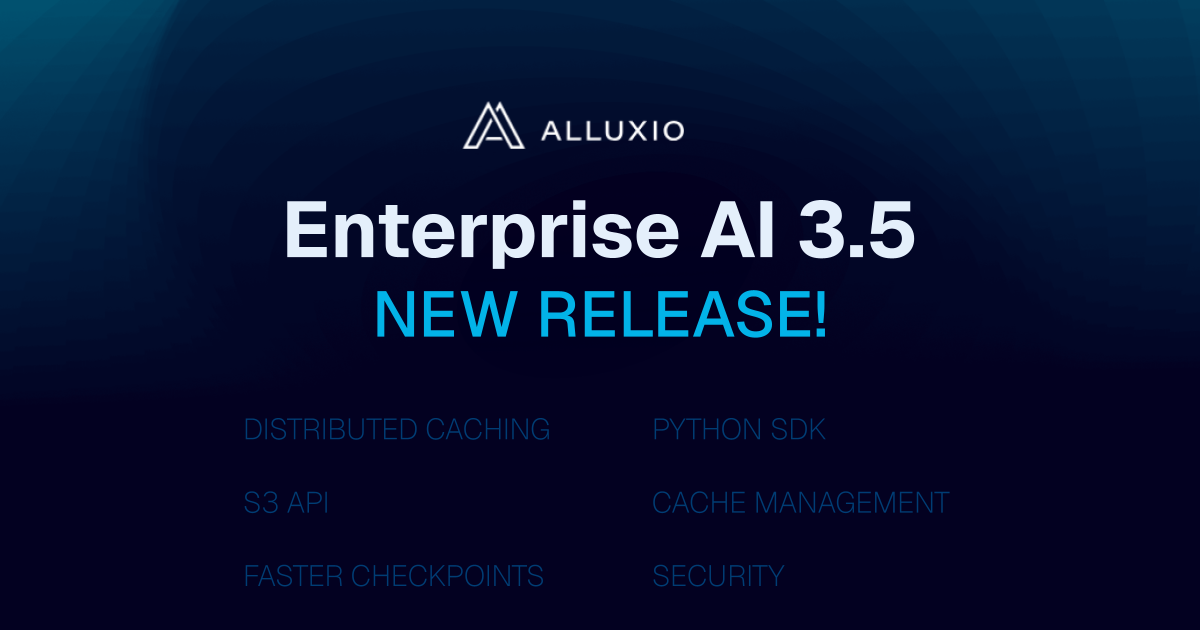This article was initially posted on Solutions Review.
Artificial Intelligence (AI) has consistently been in the limelight as the precursor of the next technological era. Its limitless applications, ranging from simple chatbots to intricate neural networks capable of deep learning, promise a future where machines understand and replicate complex human processes. Yet, at the heart of this technological marvel is something foundational yet often overlooked: data.
Understanding the AI and Data Symbiosis
AI’s relationship with data is symbiotic. As the complexities of AI systems increase, their thirst for data becomes insatiable. Data serves a dual purpose:
- AI as Data Consumer: AI systems, especially machine learning models, are trained using vast datasets. The quality and diversity of this data directly influence AI’s accuracy and reliability.
- AI as Data Producer: As AI systems process information, they also produce data – outputs, logs, analytics, and more. This data can provide insights into system efficiency, user behavior, and potential areas of improvement.
The Growing Pains of Data in the Age of AI
The transformative potential of AI has led to its widespread adoption across various sectors, from healthcare to finance, retail to research. This ubiquity comes with an exponential increase in data generation and consumption. Several challenges arise:
- Latency Issues: In an interconnected digital ecosystem, data is stored in multiple hubs, often geographically dispersed. Any delay in data access can have cascading effects, especially in time-sensitive AI applications.
- Cross-Cloud Conundrums: With multi-cloud strategies becoming the norm, managing and moving data seamlessly across diverse platforms is paramount. Different cloud providers’ varying standards, protocols, and structures can complicate matters.
- Economic Implications: Every byte transferred, especially in inter-regional or cross-cloud scenarios, carries a cost. As data volumes swell, so do the associated costs, making efficient data orchestration vital.
Redefining Data Accessibility in the Digital Age
Amidst the intricate data landscape, modern businesses require solutions that not only store data but also optimize its accessibility:
- Data Proximity and Computation: Modern data solutions recognize the need to minimize the distance between data storage and processing hubs. These tools drastically reduce access times by ensuring that necessary files and datasets are near computational resources. This is particularly transformative for applications like real-time analytics, where latency can hinder performance.
- Seamless Operations Across Borders: Globalization has rendered geographical borders almost obsolete for modern businesses. As such, data solutions must reflect this, allowing for unified, seamless operations irrespective of where the data or computation resides.
- Intelligent Data Movement: More than simply moving data from one point to another is needed in today’s dynamic environment. Data orchestration tools are now equipped with algorithms that can recognize access patterns, predict future needs, and move data proactively, ensuring optimal performance.
Vetting through Industry Adoption: When globally recognized giants in the tech industry adopt specific data orchestration systems, it’s an implicit stamp of approval. Their vast operations, stringent requirements, and focus on reliability make them the ideal litmus test for these solutions.
Harmonizing Data Orchestration with AI
Data orchestration isn’t just a support function; it’s a strategic tool that can significantly influence AI outcomes:
- Accelerated Model Evolution: Access to data influences the speed at which machine learning models can be trained, tested, and iterated upon. Efficient data orchestration can expedite this, leading to faster innovation cycles.
- Boosting Real-time Decision-making: In sectors like finance or healthcare, decisions need to be made in fractions of a second based on real-time data. Enhanced data access can be a game-changer in these scenarios, offering competitive advantages.
- Resource Optimization and Savings: Efficient data management minimizes redundancies, reduces transfer costs, and optimizes storage solutions. These efficiencies can translate into substantial cost savings.
The Road Ahead
While AI continues its journey from science fiction to everyday reality, its foundational support systems, especially data management, gain paramount importance. The sophistication of algorithms or the prowess of machine learning models doesn’t solely determine the success of AI applications. Instead, it’s a synergy where efficient data orchestration plays a pivotal role.
.png)
Blog

Suresh Kumar Veerapathiran and Anudeep Kumar, engineering leaders at Uptycs, recently shared their experience of evolving their data platform and analytics architecture to power analytics through a generative AI interface. In their post on Medium titled Cache Me If You Can: Building a Lightning-Fast Analytics Cache at Terabyte Scale, Veerapathiran and Kumar provide detailed insights into the challenges they faced (and how they solved them) scaling their analytics solution that collects and reports on terabytes of telemetry data per day as part of Uptycs Cloud-Native Application Protection Platform (CNAPP) solutions.

With the new year comes new features in Alluxio Enterprise AI! Just weeks into 2025 and we are already bringing you exciting new features to better manage, scale, and secure your AI data with Alluxio. From advanced cache management and improved write performance to our Python SDK and S3 API enhancements, our latest release of Alluxio Enterprise AI delivers more power and performance to your AI workloads. Without further ado, let’s dig into the details.

.png)